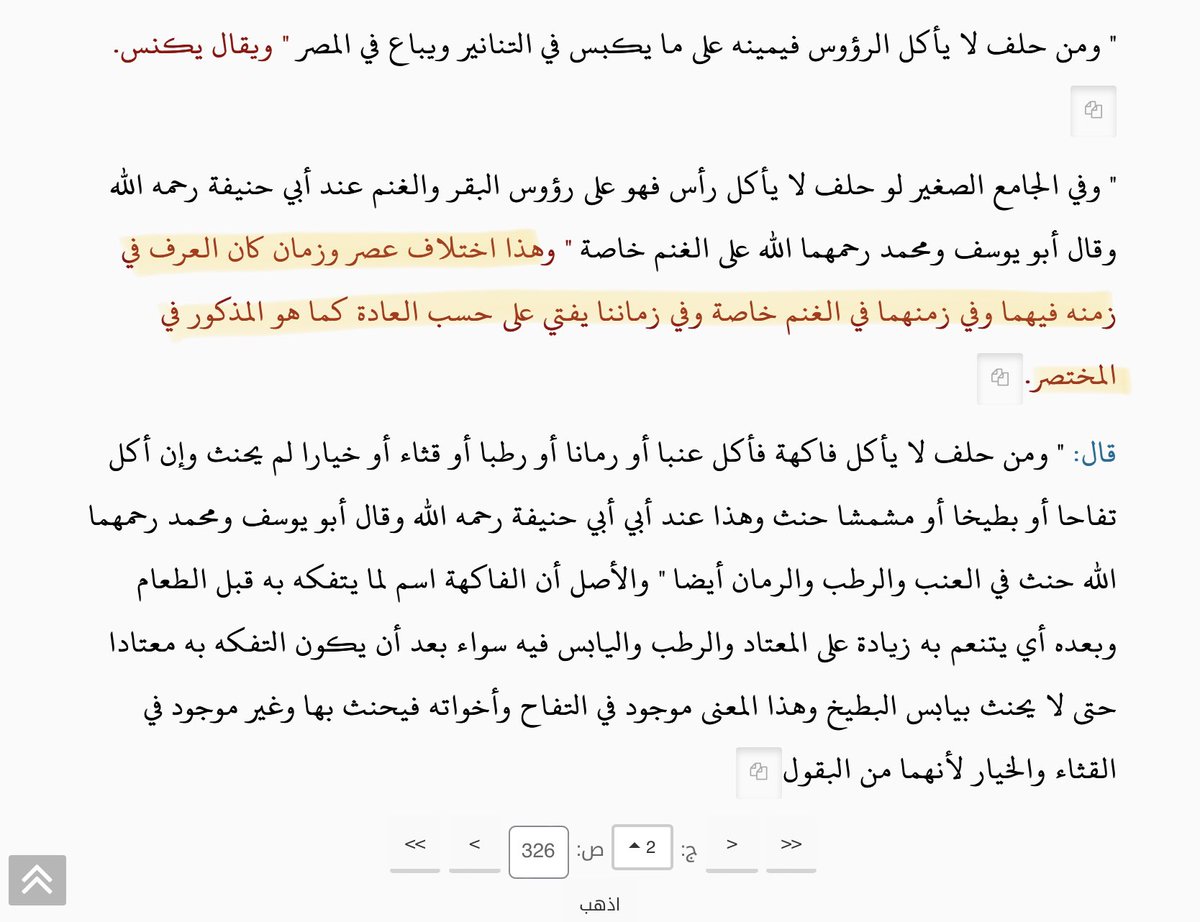
﷽
The Early Risāla
1 The Kharīda has deep significance to me for another reason.
When I was ~ 16, a relative began expressing doubts about God. We all go through stages of rational maturation in our faith, but his words frightened me. I was concerned and wanted to help him…
The Early Risāla
1 The Kharīda has deep significance to me for another reason.
When I was ~ 16, a relative began expressing doubts about God. We all go through stages of rational maturation in our faith, but his words frightened me. I was concerned and wanted to help him…
https://twitter.com/imanmbadawi/status/1482211453180555269
2 I think many can relate to the emotions involved in a relative expressing doubts or having a full-blown faith crisis. In cases where the doubts are a by-product of dysfunctional formative bonds, they may even lash out at family members, seeing them as part of the “God problem”
3 So, being the nerd I was, I wrote a small treatise in which I used rational proofs to substantiate the existence of God and to establish several of His Attributes. Prior to that, I had no expose to kalām. I just employed my mind to prove what my heart was absolutely certain of.
4 I wasn’t interested in debate, nor was I indignant, I was genuinely scared for him. He was interested in debate. My treatise did hold it’s own, though. It wasn’t until years later that I discovered that what I’d written was almost exactly upon the pattern of the mutakallimīn…
5 So, my introduction to kalām wasn’t through my mind, but through my heart, my fear for someone I loved, my hope of convincing them of the truth. I think we often lose this spirit in our modern scholarly endeavors. Brainy is much more celebrated than beneficent…
6 In reading scholars of the past - even as I marvel at their genius - I think we often fail to see their vantage of deep conviction and concern. They were high, bringing others up, not low, raising themselves. This is why their works contain such a strong spiritual secret…
7…a secret we rarely grasp. I think the divine mystery lies in their sincerity, or what I call the “intention behind the intention”, or the unified scholarly objective. The Islamic tradition has always been unique is it’s integration of all human faculties toward one sacred end.
8 I previously spoke of the tiers of rational engagement in the Islamic tradition being linked to adherence and submission. The mind is a powerful tool, but it can turn its blade on you. Without the dual facets of heart and mind, working in continuum, spiritual blood is shed.
9 In the Kharīda, itself, we find this embedded integration. When I first read it, I recalled my relative and the treatise I wrote. I saw how Imām Dardīr did what I had tried to do, but so much better. I felt instinctively connected to him. May Allah’s choicest mercy envelop him.
10 So, when you read these works and you marvel at the mind behind them, know, that the heart that you can’t see was even greater. Know, that these giants drew upon a strength that is beyond any mind. This, my friends, is why we show highest reverence, adab, to our Tradition.
May Allah’s infinite peace & blessings be upon Rasūlullāh, his pure progeny & folk, along with his gleaming companions, illuminated inheritors and all his loyal followers until the Last Day.
Yes, of course. There are always people interested in debate. Relax, there is a disagreement among scholars on the permissibility of using rational proofs to substantiate the Attributes of God. 

Then, the other half are thinking…
“Didn’t you say kalām is not your cup of tea?”
The loyal lover of fiqh answers…
“الضرورات تبيح المحظورات”
“Didn’t you say kalām is not your cup of tea?”
The loyal lover of fiqh answers…
“الضرورات تبيح المحظورات”
• • •
Missing some Tweet in this thread? You can try to
force a refresh







